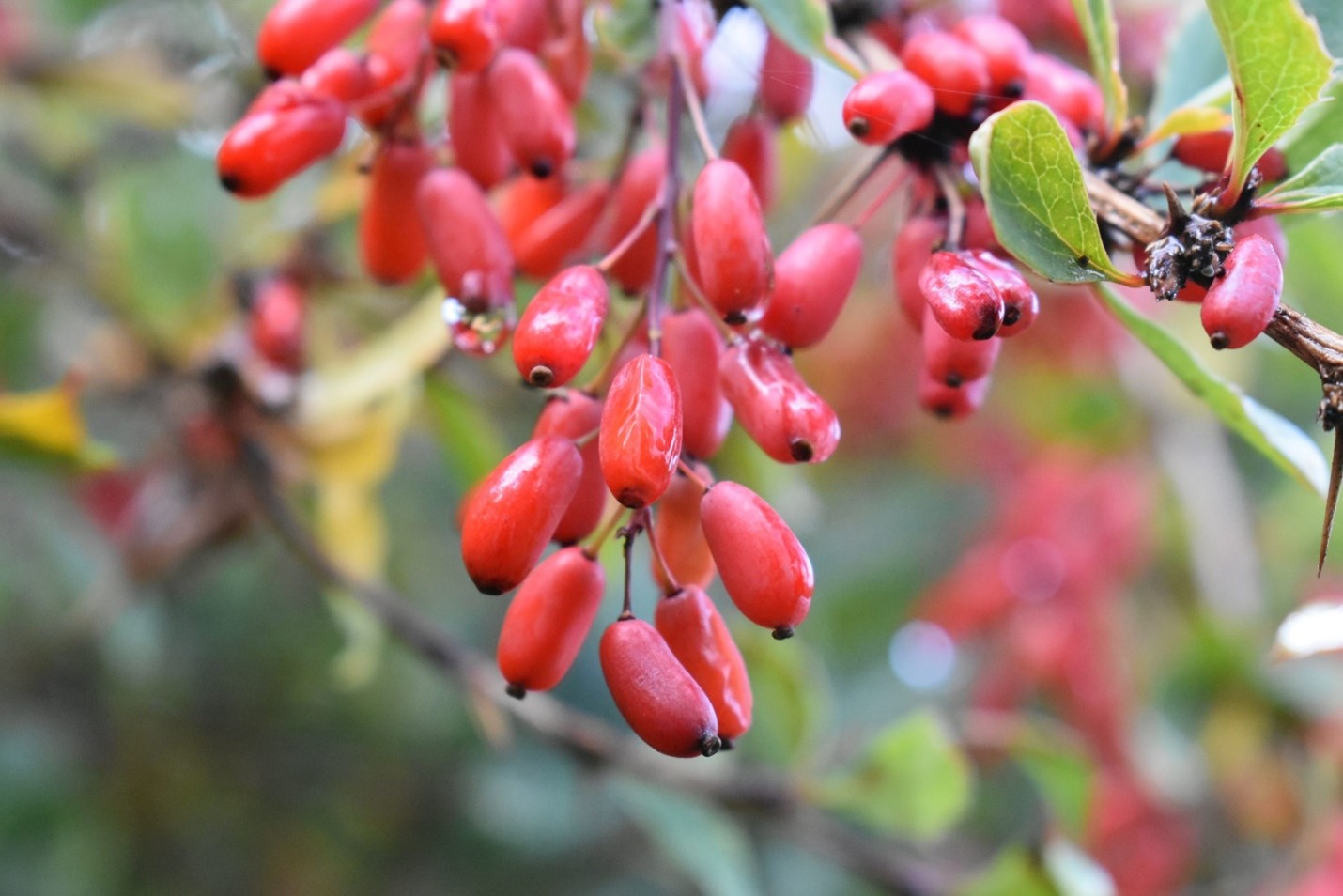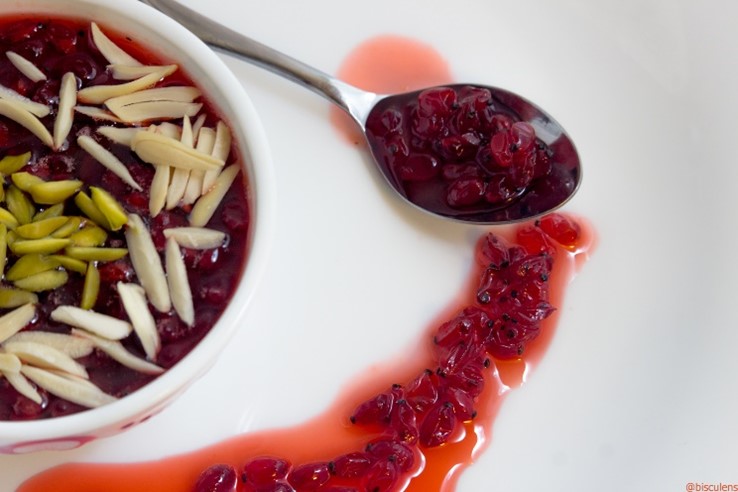Barberry is a delicious and nutritious fruit that, over the years, has been recognized in traditional medicine as a rich source of Vitamin C and antioxidants. Consumption of Barberry can contribute to strengthening the immune system, boosting energy, and improving heart health. Additionally, by imparting its distinctive flavor, it enhances the pleasant taste of food and beverages.
In general, barberry is a versatile fruit with numerous health benefits, making it a noteworthy addition to diverse dishes.
History
Barberry has a rich history dating back centuries. Here are key points in the history of barberry:
Barberry has roots in traditional medicine across various cultures. Ancient Egyptians, Greeks, and Native Americans utilized different parts of the plant for medicinal purposes, treating ailments such as digestive issues and infections. Barberry has been a part of culinary traditions in different regions. It was commonly used in Persian and Middle Eastern cuisines to add a tart flavor to dishes, particularly in rice-based recipes. In some cultures, barberry has held symbolic meanings. It was considered a symbol of good luck and prosperity in certain traditions. European settlers brought barberry to North America in the 1600s. It was cultivated for its culinary and medicinal uses.
In the 19th century, barberry became popular in landscaping for its vibrant foliage and adaptability. However, it also gained popularity as a host for wheat roots, leading to efforts to control its spread.
In addition, Barberry continues to be used in herbal medicine. Its extract, berberine, has gained attention for potential health benefits, including antimicrobial and anti-inflammatory properties.

Benefits
Throughout history, barberry has played diverse roles, from traditional medicine to culinary, and its journey continues with ongoing exploration of its potential health benefits.
Some benefits of barberry include:
- 1. Culinary Uses: Barberry is utilized as an additive in cooking, enhancing the flavor of dishes, desserts, condiments, and beverages.
- Preparation of Various Products: Barberries can be used to prepare jelly, preserves, syrups, and sauces, contributing to the diversity of tastes in foods.
- Traditional Medicine: In traditional medicine, barberry is employed for addressing certain stomach, liver, and gallbladder issues. Due to its anti-inflammatory and antioxidant properties, it might be beneficial in some illnesses.
- 4. Herbal Profits: Leaves and fruits of barberry are used in herbal tea preparations, known as a soothing beverage and potentially beneficial for stomach health.

Culinary Uses
Barberry is commonly used as an additive in various dishes and beverages. For example, the fruit can add a fresh and tart flavor to stews and pilafs, especially those containing meat, beans, or chickpeas.

Moreover, barberry is used as an additive element and flavor enhancer in salads.
Desserts and pastries are also can be made of Barberry. As an example, it is used in the preparation of various desserts, cookies, and pastries, creating a distinctive flavor.

Besides, it can be used to make jelly and marmalade, serving as a decoration or accompanying breakfas spreads.
Barberry beverages are other products that are made from the fruit of barberry and they are added to prepare both cold and hot beverages, such as barberry tea.

Given the fresh and tart taste of barberries, this fruit adds a unique taste to dishes. As a versatile additive in culinary, barberry is also used in the Rice and Soup Dishes which is used as an additive in various cousins, such as barberry rice. Besides it is an effective ingredient in the preparation of sauces and condiments.
Medicinal Usage
Barberry is an excellent source of Vitamin C. This delicious dried fruit is beneficial for the skin, boosting the immune system, and combating oxidative damage. It contains antioxidant compounds like anthocyanins, which can help in fighting oxidative stress and premature aging. Heart Health Support Research suggests that consuming barberry may contribute to maintaining heart health and reducing blood pressure. Furthermore, some studies suggest that barberry may be beneficial in controlling blood sugar levels and preventing type II diabetes. This fruit may possess anti-inflammatory properties, playing a role in reducing body inflammation. Substances present in barberry, especially Vitamin C, can contribute to strengthening the immune system. Before using barberry as a remedy, it is advisable to consult with a healthcare specialist, especially if you have specific medical conditions or are taking other medications.
Other Benefits
In addition to the mentioned medicinal usage, barberry has other benefits:
- Barberry, as a dietary plant, may aid in improving digestive activity and alleviating stomach issues. Antibacterial and antimicrobial compounds present in barberry may exhibit antibacterial and antimicrobial properties, assisting in combating infections.
- Antioxidants and beneficial compounds in barberry can contribute to maintaining skin health and delaying signs of aging.
- Some studies suggest that barberry might play a role in reducing stress and improving mood.
- Barberry consumption may help in maintaining the health of the urinary tract, effectively preventing certain issues related to this system.
Overall, Barberry with its centuries-old legacy, transcends time as a versatile plant with a rich history in both medicine and cuisine. From ancient medicinal usage to its integral role in diverse culinary traditions, barberry has maintained its significance. This resilient plant, once embraced for its symbolic meanings and now evaluated for its potential health benefits, stands as a testament to the enduring connection between nature and human well-being. Whether adding a unique flavor to dishes or contributing to herbal remedies, barberry remains a botanical treasure worth exploring.



